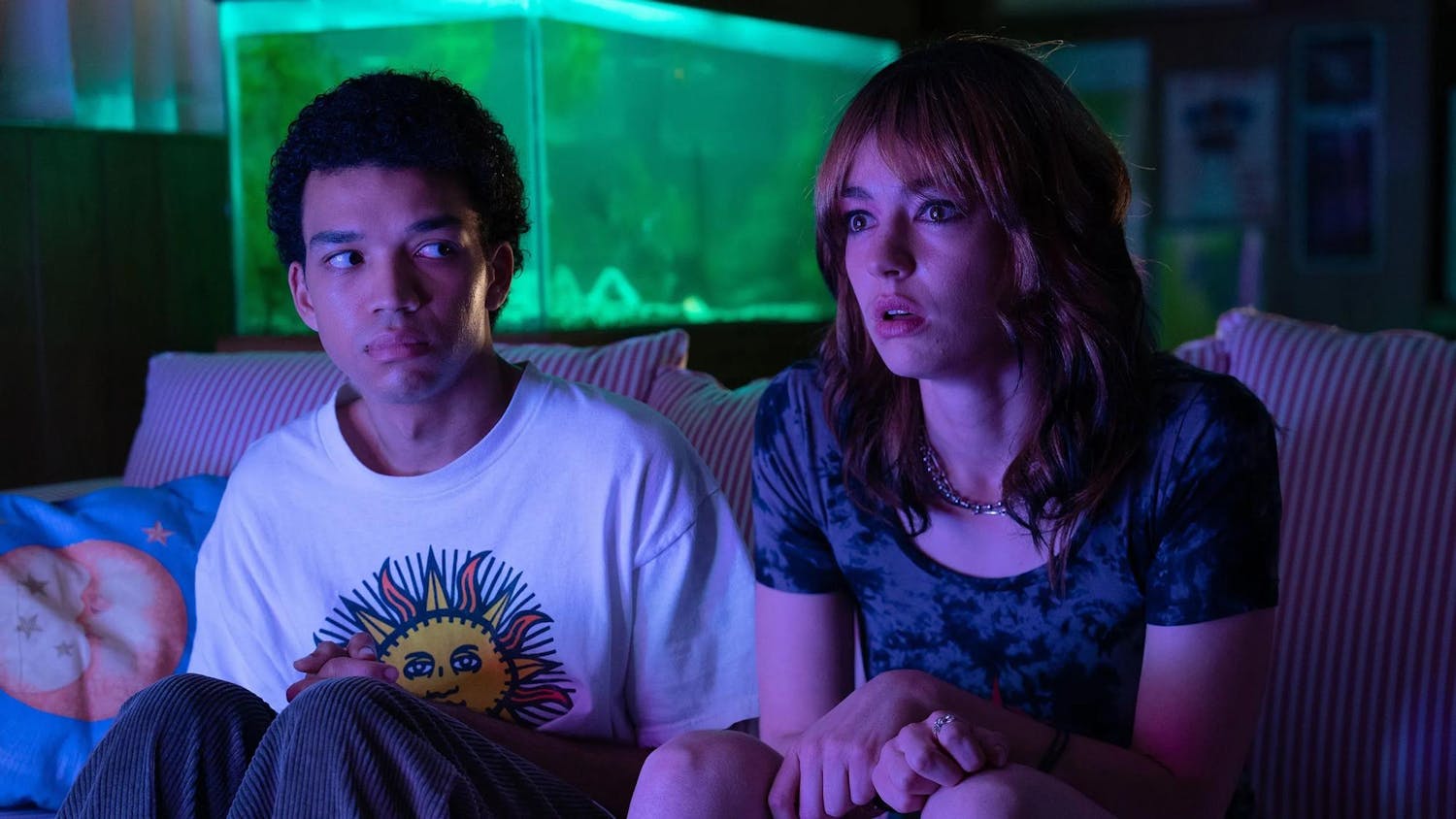Students and faculty were invited to a free production of "Love in the Seventh Kingdom of Wrath" performed in the Leeds Theater Oct. 7. Written and directed by Kenneth Prestininzi, associate chair of playwriting at the Yale School of Drama, the play tells the story of painter Michelangelo Merisi da Caravaggio's life. The work was produced by the newly formed theater company FRANK, which includes several alums.
Caravaggio believed that "the seven powers the soul must pass through are darkness, desire, ignorance, fascination with death, enslavement to the flesh, foolish wisdom and wrath," Prestininzi said. "Having successfully moved beyond them, the soul can become free."
This theme pervaded the play, which focused more on the inner turmoil of Caravaggio's life than his professional successes.
The opening scene jumps right into the sexual tumult in Caravaggio's life. In carefully-staged detail, the audience is shown the passionate relationship Caravaggio (Federico Rodriguez '09) has with his apprentice Cecco Boneri (Evan William Smith '09).
In the production, Prestininzi and FRANK do not shy away from embracing violence, discomfort and explorations of both the strength and fragility of human sexuality and the human psyche. Caravaggio is frequently visited and molested, both physically and verbally, by various angels throughout the play, who question his motives and force him to reflect inwardly about his ideals. His desires are led astray by the prostitute Fillide Medroni (Sarah Tolan-Mee '09), and, as his rage and inner darkness become more consumptive, Caravaggio eventually kills a man and is exiled from Rome. As he makes his way back after months of exile, Caravaggio catches malaria and dies before completing his journey and returning home to his love Cecco.
The play was inspired by Caravaggio's St. Catherine painting, which depicts the saint sitting next to a spiked wheel and holding a sword, Prestininzi said. Describing how closely the play stuck to Caravaggio's real life, Prestininzi said, "It's as truthful as a painting is truthful." The point of the play was not to detail the exact happenings in Caravaggio's past, he said, but rather to portray the inner conflicts that he dealt with as a person. That is why the majority of the staging took place in Caravaggio's studio, where "he was most alive," Prestininzi said.
The structure of the play was also an unusual one. Initially written as a Baroque opera, it wasn't until Prestininzi turned to a "seven bowls structure" interspersed with choral structures that he took it to FRANK.
Rodriguez, who plays Caravaggio, said his character "paints with conflicting themes ... and with the choral structures, there's one that's dark, and then there's one about love and then there's one about loving darkness. There's never one truth that you stick to."
The structure of the play mirrored the structure of Caravaggio's paintings - several different messages were brought together to form one cohesive picture.
The play shied away from hopeful messages, instead concentrating on facing darkness full on. But it did offer the audience a few comedic moments - for example, the combination of 16th century plot with modern day language allowed for more frank expressions from the actors.
Prestininzi said he hopes the play inspired its audience to "be brave with their emotions." He added, "Sometimes we get stingy with our emotional life. Caravaggio lets his be as big and as full as can be, and that's why we love him."




